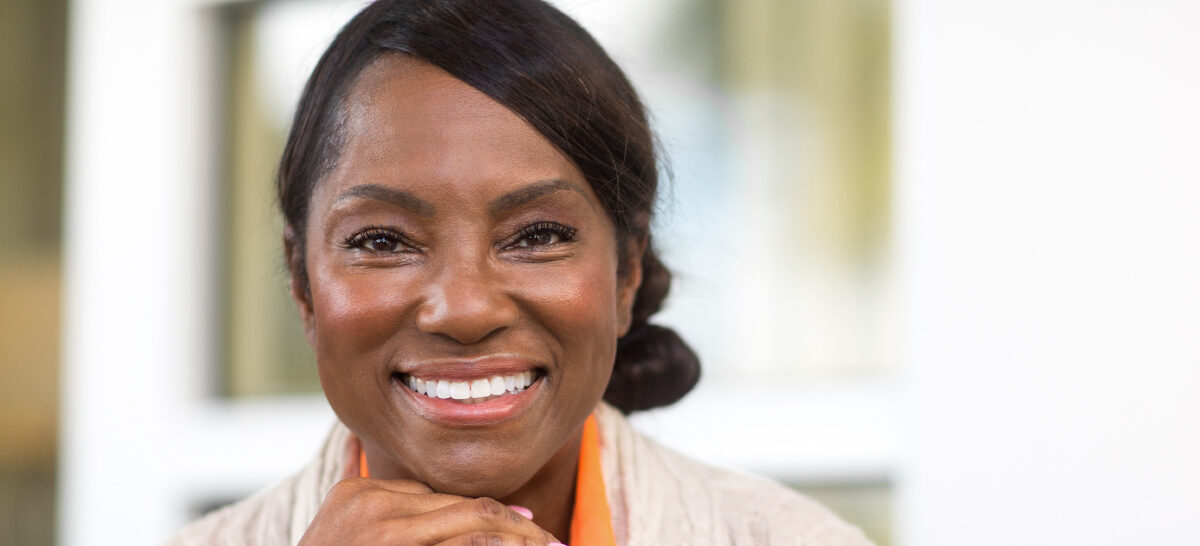Would it surprise you to learn that Botox is considered an effective preventative tool against the appearance of fine lines and wrinkles due to aging and sun damage? Instead of waiting for those unattractive creases and folds to emerge around your nose, your mouth and at the corner of your eyes, now you can start getting Botox injections in your 20s to dramatically minimize skin wrinkling in your 50s and 60s.
5 Facts About Botox
- Botox relaxes constricted muscles that cause wrinkling by preventing transmission of acetylcholine, a neurotransmitter responsible for muscle expansion and contraction. Facial muscles treated with Botox remain relaxed and smooth to create more youthful-looking skin.
- Botox can also prevent wrinkles and sagging skin around your neck by relaxing an important muscle called the platysma muscle that encompasses the lower jaw, upper chest and neck areas.
- Cosmetic surgeons say that Botox works to prevent wrinkling because of its extended, muscle-relaxing properties. Once muscles have been subjected to Botox repeatedly over several years, the muscles begin to atrophy (however, this does not harm your facial muscles) because they cannot be stimulated by acetylcholine. Result: wrinkle-free skin!
- Botox injections are free of side effects, except for minimal bruising at the injection site. They can be repeated every four to six months, if necessary.
- In addition to preventing wrinkles and fine lines, Botox is also approved to treat migraines, excessive sweating (hyperhidrosis) and strabismus.
Who is Qualified to Give Botox Injections?
It’s safest to receive Botox injections from a board-certified dermatologist or plastic surgeon or an ENT (ear, nose and throat) physician. Some ophthalmologists are also qualified in cosmetic surgery subspecialties, such as giving Botox and other dermal filler injections. You can also check websites such as the American Academy of Dermatology or the American Academy of Anti-Aging Medicine to find out whether a physician is board-certified.
Just because Botox can help prevent signs of aging skin doesn’t mean you should stop taking good care of your skin when you’re in your 20s and 30s! Be aware that what you eat can greatly affect the condition of your skin. Incorporating fresh fruits and vegetables into your diet will produce skin that is clear, radiant and younger looking. Other factors exacerbating skin wrinkling include smoking, stress, not getting enough sleep and “yo-yo” dieting.


